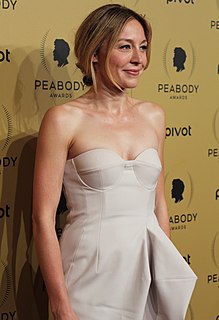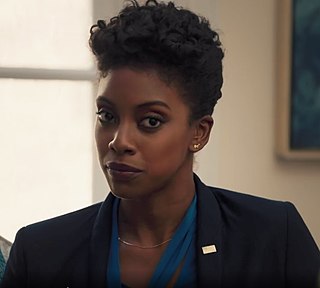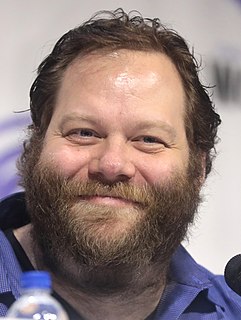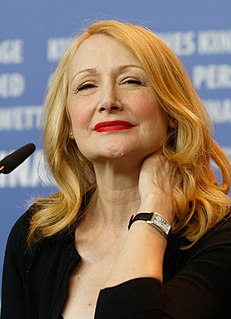A Quote by Colin Firth
I do think a good story in a novel is fair game and there's nothing wrong with adapting that. It sometimes gets a bit facile where they think: "Let's get the next best-seller and see if we can turn it into a film."
Related Quotes
You know, not every good book needs to be a movie, or a television series, or a video game. There's great work in those mediums, of course, but sometimes a book should remain a book. I still believe nothing tells a story with the richness and complexity of a good novel. When people say they think a book would make a good movie, they say this sometimes because, if it worked, they already saw all the images in the movie theatre that is in their brains. And sometimes that is the way it should stay.
I'm always trying to make something that is impossible to film. Why would somebody just read a novel when they can see it on TV or in the cinema? I really have to think of the things fiction can do that film can't and play to the strengths of the novel. With a novel, you can get right inside somebody's head.
There's nothing wrong with commercial art. There's nothing wrong with consumer society. There's nothing wrong with advertising. There's nothing wrong with shopping and spending money and being paid. There's nothing wrong with any of these things. These are things we do. I just think it's important to look at them from a different perspective - to see how bizarre and banal these rituals we partake in are. It's just important to think about them, I think, and to carry on. Life is about retrospection, and I think that goes for every facet of life.
What I think I've learned is that you're never going to get it all right, and you can't obsess about having a fact wrong or a date wrong or something like that, as long as you tried as best you could. If you've done the kind of research that you're sure is pretty good, then you just have to have confidence in it, so that nothing is perfect in life. I think that is what the criticism has helped me to understand.
At the core, I am an actress. And I think, in a way, that's a good thing in that I am, I think, empathetic and sympathetic to the film. I would never pretend to have the discerning and acute critical eye that a lot of the great critics in our business do have. I don't look at it as being a critic or placing a judgment on a film, and I do think, how do you decide which film is best anyway? It's always a little bit of a mixed bag. But, I think it is just a collective group of people coming together to honor the work of an artist - that's how I think of it.



































